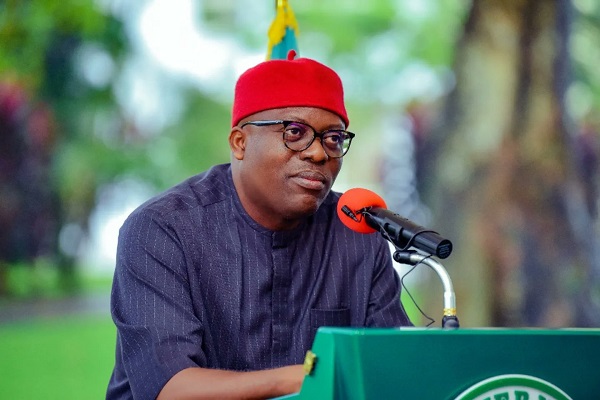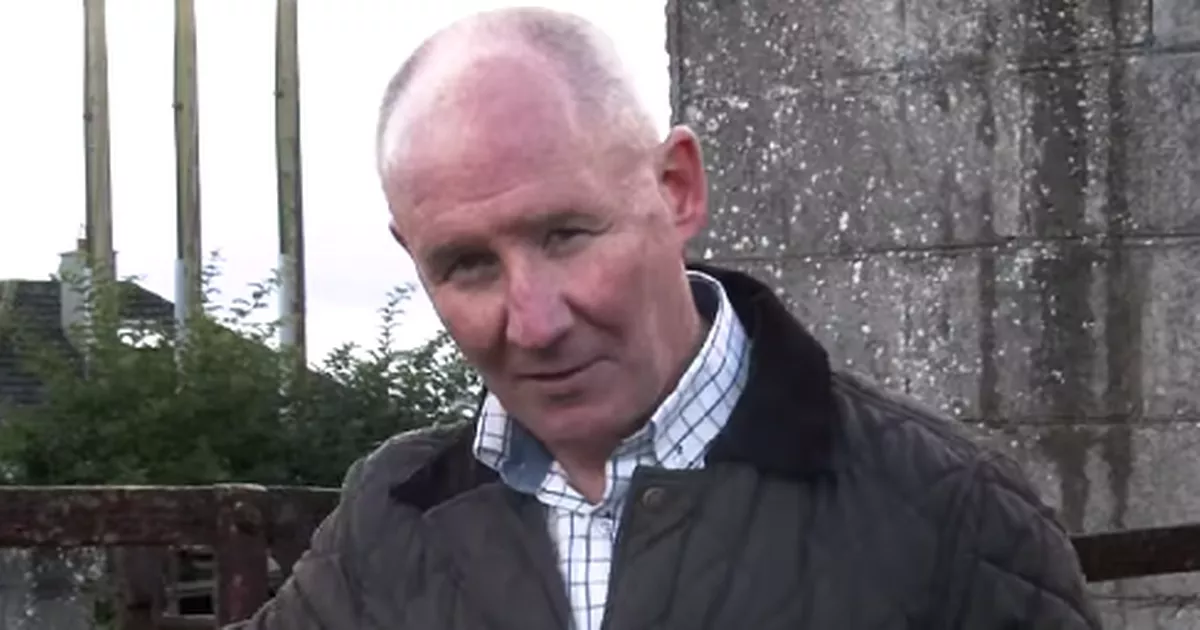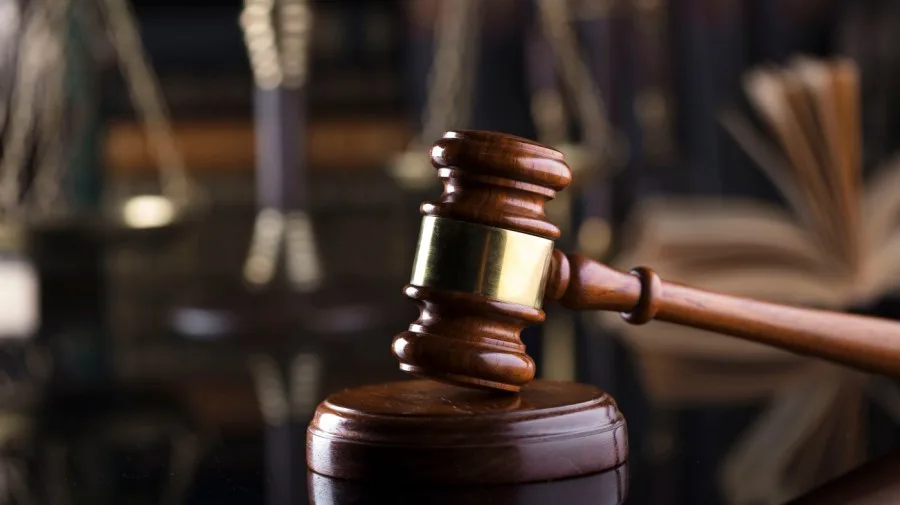By Emmanuel Oladesu, Deputy Editor,The Nation
Copyright thenationonlineng

Like a flash of lightning, six months have passed since Sir Siminalayi Fubara temporarily lost his job as governor of Rivers State. Like a chicken beaten by the rain, he is now sober as he regained the seat two days ago, following the expiration of the emergency period.
Members of the House of Assembly, led by authentic Speaker Martins Amaewhule, who suffered a collateral damage during the constitutional sanction, also returned to the legislative chambers with an eagerness to start legislation and oversight duties.
The lawmakers have unveiled plans to review the “emergency rule budget” that guided the interim leadership. They are also likely to beam the searchlight on the alleged frivolous spending of N5 billion monthly before the declaration of emergency rule.
But the lawmakers are now more likely to be conciliatory in an atmosphere of cooperative separation of powers and accompanying checks and balances, if the governor improves on the reconciliation or dialogue with them.
In his absence, the state was kept afloat by a caretaker, Air Vice Marshall Ibok-Ete Ibas, an unelected person who managed to restore tranquility where the governor had failed woefully. This puts a question mark on politicians’ ability to manage a crisis before it gets out of hands. This is because democracy is also about problem-solving by an elected representative.
READ ALSO: Nigerian artistes dominate UK Afrobeats chart top
Also, the structure of the state, particularly at the grassroots, has changed dramatically. At the local government, Fubara has to reconcile himself with the inevitability of working with newly elected chairmen and councillors who were not created in his image but in the likeness of his estranged power-loaded benefactor, Federal Capital Territory (FCT) Minister Nyesom Wike.
Details of the underground reconciliation between the previously combative governor and the determined lawmakers, who enjoyed and still enjoy the backing of the godfather, are unknown.
But it is expected that the state will not remain the same again. By now, the right lessons should have been learnt by the parties in the protracted political dispute. The lifting of the emergency is not the end of the matter. The nation looks forward to a cordial relationship between the Executive and Legislative arms. It is critical to the consolidation of peace and recovery of the lost grounds.
On March 18, the President warned that the emergency period could be extended, if reason did not prevail and the combatants decided to further plunge the state into violence.
The proclamation of the emergency rule became inevitable, following what that the President described as “a total paralysis of governance” in the state, which aptly manifested in the prolonged face-off between Fubara and the House of Assembly. The three-member House of Assembly presided over by an impostor masquerading as Speaker became a national embarrassment. Much havoc was wrecked when the fake Speaker, Victor Oko-Jumbo, presided over the screening of some elements who were erroneously sworn in as commissioners and special advisers.
The protracted rift stalled the passage of budgets. Of course, the Assembly was in flames; crippled, desolate, helpless, and impotent. Protests became violent and properties were serially destroyed. The President described Fubara as the aggressor and autocratic leader who stood on the way of democracy by trying to prevent the parliament from performing its constitutional roles.
The obvious collapse of governance prompted the Supreme Court to rule that there was effectively “no government” in Rivers at the time. Instead of closing ranks, some Rivers elders took sides in the clearly divisive issue, making outsiders to doubt their capacity for peace-building and gerontocratic monitoring.
As the jungle was about to mature in Rivers, Nigeria and its constitution, ably deployed by a thinking President, averted the disaster. History will record that although Fubara was elected for four years, he could only effectively spend three and a half years in office. His place at the Nigerian Governors’ Forum and the Council of State was vacant for six months due to his inability to manage the power the electorate gave him on behalf of the state.
For the first time in two years, peace reigned in the Southsouth state as the emergency period doused tension, the vituperation of anti-emergency rule campaigners in the media and other negligible litigants, notwithstanding.
Administrator Ibas, who was recalled from his blissful retirement to restore order into the troubled state, was focused, firm, and goal-oriented, despite the empty threats and distractions by some aggrieved stakeholders.
The emergency rule, having been ratified by the National Assembly, Ibas governed the state by federal parliamentary backing in accordance with the emergency regulations. It was, nevertheless, an emergency rule with a human face; no restriction order on any of the warring actors, no probe of the Fubara administration by any commission of enquiry and there was no witch-hunting of any kind, unlike what happened under the revious dispensations that introduced the same measure to avert anarchy.
Reflecting on the period, President Tinubu noted that the positive signals made it unnecessary to extend the emergency rule beyond its initial six-month duration.
For the period, Rivers was off the democratic radar. Popular rule was put on hold, but other forms of freedom were not tampered with. Gladiators were denied a battle ground. Bands of hired thugs and miscreants spoiling for proxy wars were automatically disbanded. Mass processions became ineffective and rival supporters of leading actors locked in the curious war of attrition were dispersed. The ordinary man on the street heaved a sigh of relief.
Many observers believe that the emergency rule was a blessing in disguise for Rivers, and in particular its elected chief executive, who escaped the hammer of angry lawmakers plotting his impeachment.
Unknown to Fubara, he was the man on the defensive, from the beginning of the logjam. His tenure was full of tension, and he would have been consumed by the fire, especially when the lawmakers unconditionally insisted on a pound of flesh.
Had the governor fully embraced the peace deal brokered by President Tinubu, the calamity would have been averted. It involved making sacrifices, giving concessions and self-abnegation which only a statesman can attempt. Fubara dismissed the pact, saying it was mere advisory. A big opportunity for concessions, consensus, and ‘win-win’ was bungled without sparing a thought for the consequences. The pact collapsed and the combatants intensified the onslaught in a manner akin to mutually assured destruction.
Wike was labelled as an over-bearing godfather always eager to impose his wishes on the governor. Some critics chided him for undue interference or meddlesomeness in Rivers affairs, in spite of his busy schedule as Abuja minister. Others alleged that he instigated the crisis, using the lawmakers as fronts.
The minister’s argument was that the governor had deviated from the plan of the party that conferred on him the rare privilege. Wike explained that since he rode on a formidable structure to power, the structure should not be desecrated but strengthened in a manner that befitted a ruling party. In his view, Fubara was courting those who opposed his aspiration to the detriment of party members who laboured to put him in office. He frowned at the governor’s penchant for allocating positions and privileges to those who worked against his victory while neglecting members of the dominant camp who weathered the electoral storm with him during the 2023 polls.
Fubara’s reliance on Oko-Jumbo’s three-member House of Assembly stood logic on its head.
The illegal House of Assembly screened the commissioner-nominees and passed the 2024 and 2025 budgets. Illegal council polls were conducted and violence engulfed the state.
Although the governor claimed that the 27 members, led by Amaewhule, had defected from the Peoples Democratic Party (PDP), the court disagreed.
The court also declared that Rivers had no budget and those in the illegal state executive council were carrying out the duties of commissioners and special advisers in error.
At that stage, the handwriting was boldly on the wall. Yet, it was ignored. But the end of impunity was near.
Fubara could be said to have seen the lightning. The thunder that followed evoked fear and produced a shock wave. It could also be a warning. So also was the avoidable mistake that heralded the loss of political control. To men of wisdom, such a folly should never be repeated.
The lessons of the entire saga are very instructive. The imbroglio in Rivers boils down to two issues. The first is the peculiar predecessor-successor crisis due to wrong calculation or a faulty succession plan. The second is the violation of the constitution and the rule of law in the governor’s bid to consolidate his hold on power.
Now is the time for the warriors on both sides to sheathe their swords in the interest of the state. The governor, despite wielding executive power, should appreciate some limitations to his powers. The delicate parliamentary/executive balance is a major test for the actors on both sides.
Dialogue, which was once rejected, is still the way forward. In democracy, it should be continuous. There is a need for him to reconcile with the lawmakers who will screen his commissioner-nominees. Fubara would need an experienced and competent parliamentary liaison officer or adviser who is versed in the intricacies of executive/legislative relationship in a presidential system. He would also need a good legal adviser who should always interpret the law correctly so that he would not be misled. The advisers should not be partisan elders who can lead him astray because they have scores to settle with Fubara’s predecessor.
Some aspects of the discarded pact that are still relevant to the search for amity should be sincerely implemented.
There should no room for vendetta by either the executive or the legislature. Vengeance would lead to renewed discord and escalation of repressed tension.



